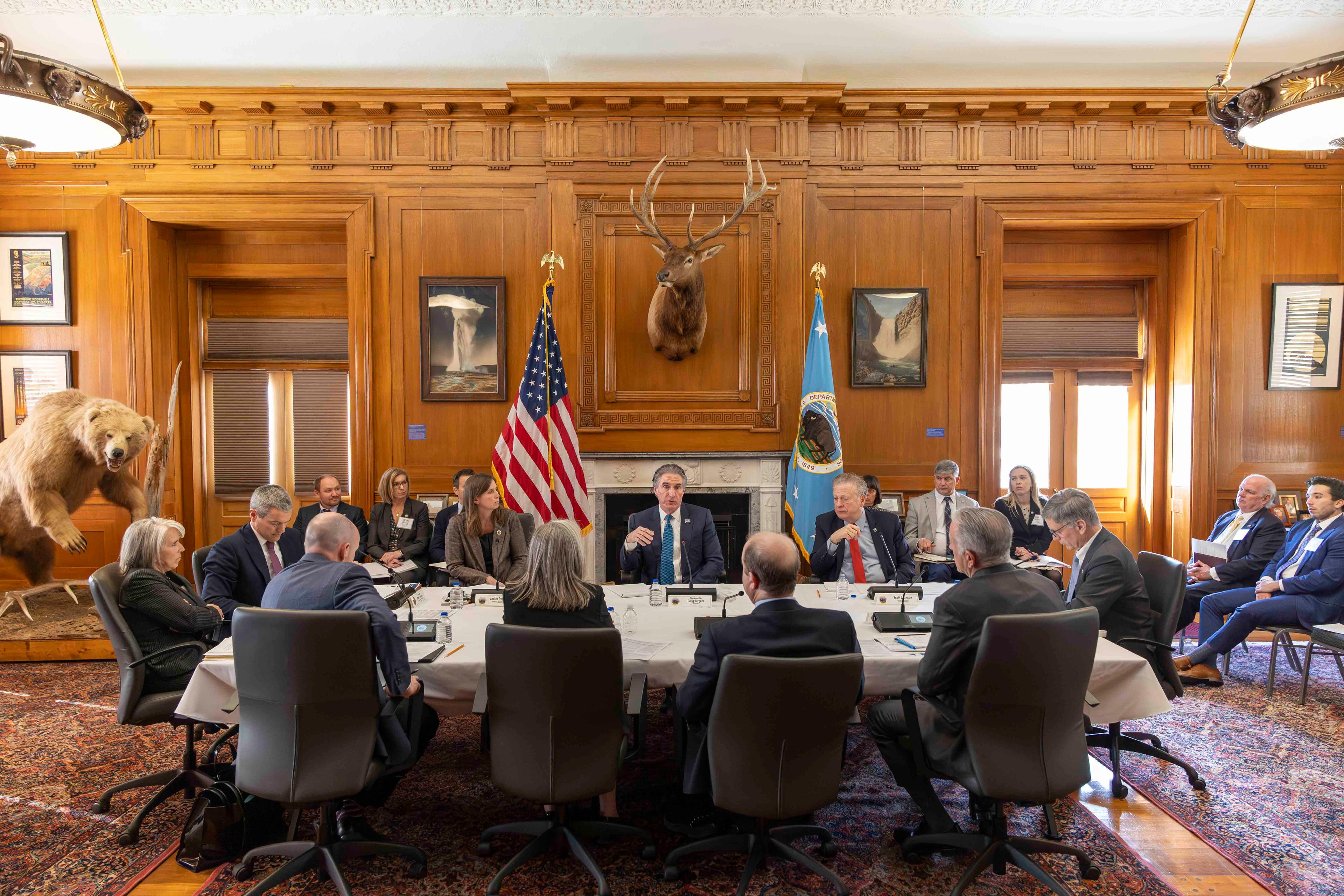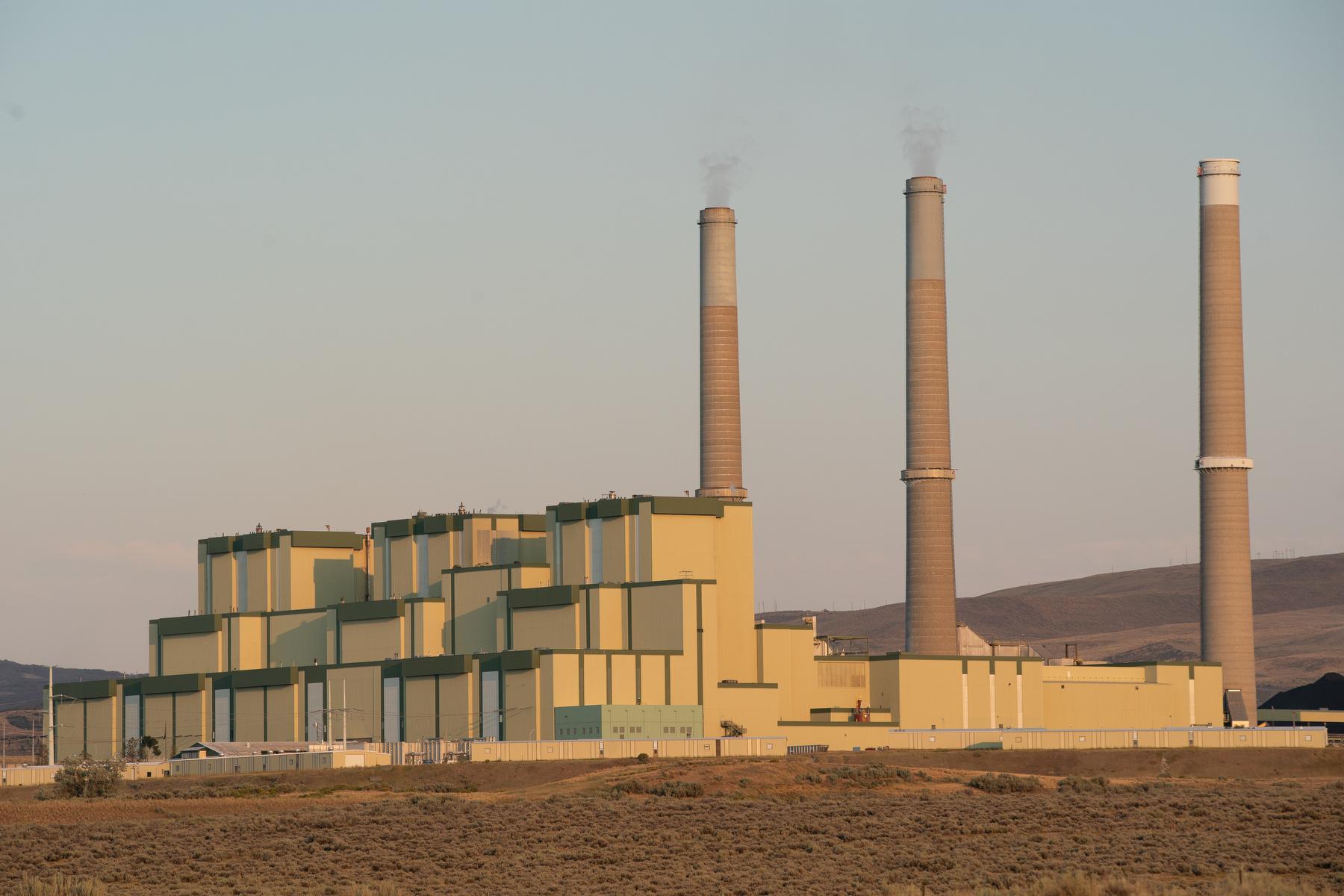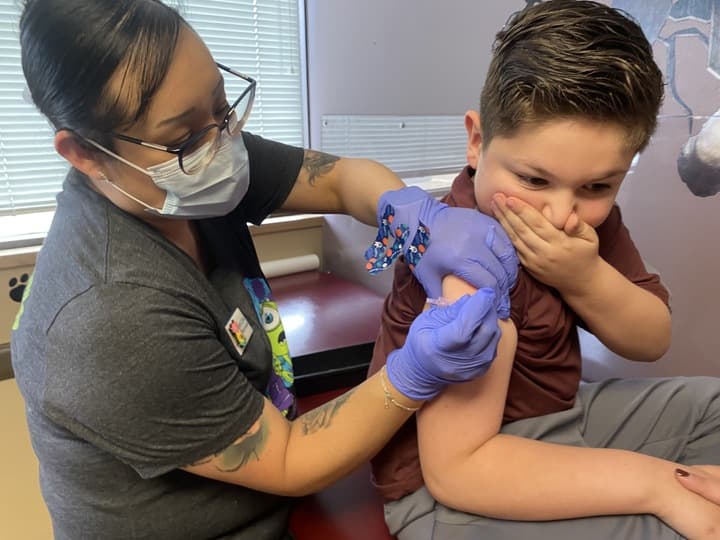
Updated July 22, 2025, at 11:18 a.m.
The Veterans Affairs secretary defended federal cuts to veterans' health care in a visit Monday in Colorado.
U.S. Department of Veterans Affairs Secretary Doug Collins visited the VA’s main facility in the state, the Rocky Mountain Regional VA Medical Center in Aurora.
Reuters reported in March the VA was looking to fire 82,000 workers to return the agency to the staffing levels seen in 2019, before the pandemic. That drew a backlash from veterans groups and Democrats. The agency ended up scaling back that number by two-thirds to about 30,000.
“There were early retirements and folks leaving just (through) natural attrition,” said Collins, noting that the agency, which has more workers than the active duty Army, had exempted more than 350,000 positions, out of a total of 460,000 total employees, who were not affected.
He said President Donald Trump was elected on making change to Washington, D.C., and that a broader reduction of force was considered and later dropped.
“When we looked at that, I had our folks come back to me and I said, ‘Is that good?’ And they said, ‘Yes, that's good.’ And I said, ‘Fine, we're stopping right here. No need to go into anything else,” Collins said of discussions about cuts. “We're going to have some reorganization stuff that's going to happen, that's going to streamline how we can do things.”
“The VA is the largest health care provider in this country. We're going to act like it. We're going to stand proud. We're going to take care of our veterans,” Collins said.
A VA spokesperson followed up with details about Colorado.
“These staff reductions have not affected Eastern Colorado Health System benefits or services,” said Shaneka Barefield, a VA public affairs specialist, in an email to CPR. “VA has multiple safeguards in place to ensure these staff reductions do not impact veteran care or benefits. All VA mission critical positions are exempt from the Deferred Resignation Program and Voluntary Early Retirement Authority, and more than 350,000 positions are exempt from the federal hiring freeze.”
Impact of Medicaid and SNAP cuts
The federal budget bill, called the One Big Beautiful Bill Act, which passed earlier this month, includes deep cuts to food assistance and Medicaid. That’s the federal-state program that covers health insurance for low-income Americans.
In 2023, about 334,000 veterans lived in Colorado. About one in 10 veterans are enrolled in Medicaid, according to KFF, an independent source of health policy research, polling and news. Over the last decade nationally, the number of veterans has decreased but the share enrolled in Medicaid has increased. The program helps provide supplemental coverage for the veteran population, which has high rates of chronic conditions and higher disability rates than those not covered by Medicaid, according to the group.
Nearly seven in 10 working-age veterans enrolled in the program are working, though that varies by age, disability and parental status, according to KFF. The budget law includes new work requirements to gain and keep coverage; the rules have been criticized as overly bureaucratic and likely to discourage enrollment.
Veterans too could be hit by cuts to food assistance, once called food stamps.
Some 1.2 million veterans are enrolled in SNAP, Supplemental Nutrition Assistance Program, recipients, Stars and Stripes reported earlier this month.
About 270,000 veterans, homeless people and former foster children in the U.S are expected to be cut from SNAP in a typical month due to the legislation, according to the nonpartisan Congressional Budget Office.
When asked by CPR what he’d say to veterans worried cuts to Medicaid and SNAP will worsen veterans’ health, Collins expressed confidence it wouldn’t.
“Well, number one, the staffing issues. That's what I've worked with all our directors to make sure that our direct care to our veterans are not affected,” he said. “Also, in most of the stuff that just went through with the Big Beautiful Bill, most of these veterans were exempted from that. So when you look at veterans, this country does care for our veterans. We're making sure that they have the stuff that they need and we're making sure that they have the tools to do it with.”
Collins also recognized several staff members from the Aurora medical center, including employees working in housekeeping and environmental management, homeless outreach, cardiology, patient safety and nutrition, at Monday's event.
Editor's note: This story was updated to include information about Colorado impacts from a VA spokesperson.







